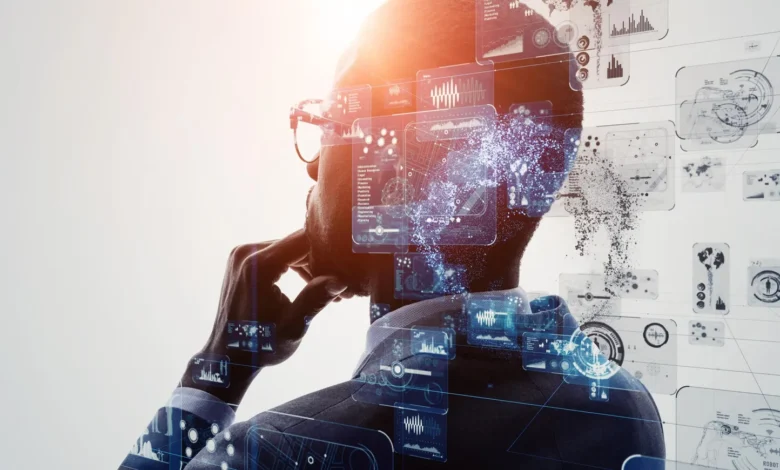How AI Psychology Is Shaping the Future of Personal Development

Technology is becoming more than just a tool, it’s evolving into a partner in our mental and emotional well-being. As innovation meets self-awareness, one of the most promising developments is the rise of AI psychology, the integration of artificial intelligence with human emotional and behavioral understanding. This new frontier is not only transforming therapy and emotional support but is also reshaping how individuals approach growth and self-improvement.
Whether it’s managing emotions, building focus, or developing healthier thinking habits, AI-powered systems are offering new ways to understand ourselves more deeply. These tools adapt in real-time, delivering customized insights, daily feedback, and reflection prompts all tailored to individual mental patterns.
What Exactly Is AI Psychology?
AI psychology refers to systems and applications that combine psychological methods with artificial intelligence to enhance mental health and self-awareness. These systems can analyze mood, language, and behavior, offering real-time feedback based on user input.
For example, instead of asking a user to rate their mood from 1–10, these tools might use written journal entries, voice tone, or interaction patterns to detect emotional shifts and suggest exercises or prompts in response.
By doing this, AI psychology offers not just passive tracking, but active support coaching users on how to think clearly, manage stress, or change habits through guided steps.
How AI Is Reshaping Self-Growth
Traditional self-help often relies on static content books, seminars, or generic advice. AI changes that by offering customized pathways to self-improvement that evolve with the user. These systems can:
Suggest actions based on past behavior
Remind users of patterns they’re repeating
Help manage daily stress through breathing or journaling exercises
Offer reflection questions based on mood or recent activity
This flexibility makes AI tools highly effective for long-term engagement. People are more likely to stick with habits that feel personal, relevant, and goal-driven and that’s what AI delivers.
Practical Uses in Everyday Life
These tools have made it easier for people to stay accountable in their personal development journey. Whether it’s breaking a bad habit, improving focus, or boosting self-esteem, the apps powered by AI psychology are helping users:
Set micro-goals and track progress
Identify emotional triggers
Improve communication and decision-making
Develop emotional regulation skills
Increase productivity without burnout
They also work silently in the background analyzing trends, offering suggestions, and adjusting routines without being invasive.
Who Can Benefit from These Tools?
AI psychology is accessible to anyone with a smartphone, but it’s especially helpful for:
Students looking to manage stress and build focus
Professionals dealing with burnout or decision fatigue
Entrepreneurs balancing high pressure with mental clarity
Everyday users trying to improve habits or self-confidence
Unlike therapy, which may be limited by access or cost, AI tools provide consistent support without barriers. While not a replacement for professional care in serious conditions, they are excellent for daily self-awareness and growth.
The Ethical Side of AI in Mental Health
As useful as these systems are, ethics matter. Privacy, data usage, and transparency are major concerns. Any platform that uses AI for mental health or self-improvement should:
Encrypt user data
Be transparent about how insights are generated
Avoid manipulation or data selling
Make it clear that it’s not a human therapist
Users should always have control over what is tracked, how it’s used, and how it’s stored.
Read Also: Innovative Protective Packaging Materials: Customised Solutions
Final Thoughts
The future of personal growth is no longer just about motivation or mindset; it’s about technology that meets people where they are, adapts to how they feel, and guides them gently toward who they want to become. With AI psychology leading the charge, self-improvement has become more intuitive, more personal, and more accessible than ever.
As long as it’s used ethically and thoughtfully, this combination of human behavior and smart algorithms could reshape how we grow not just for now, but for years to come.







